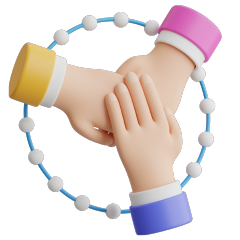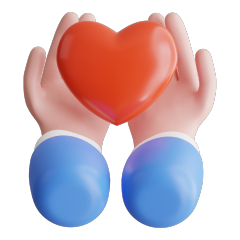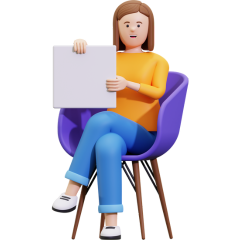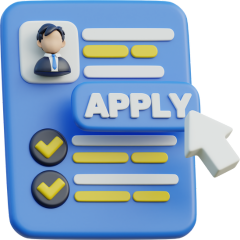What is Autism?
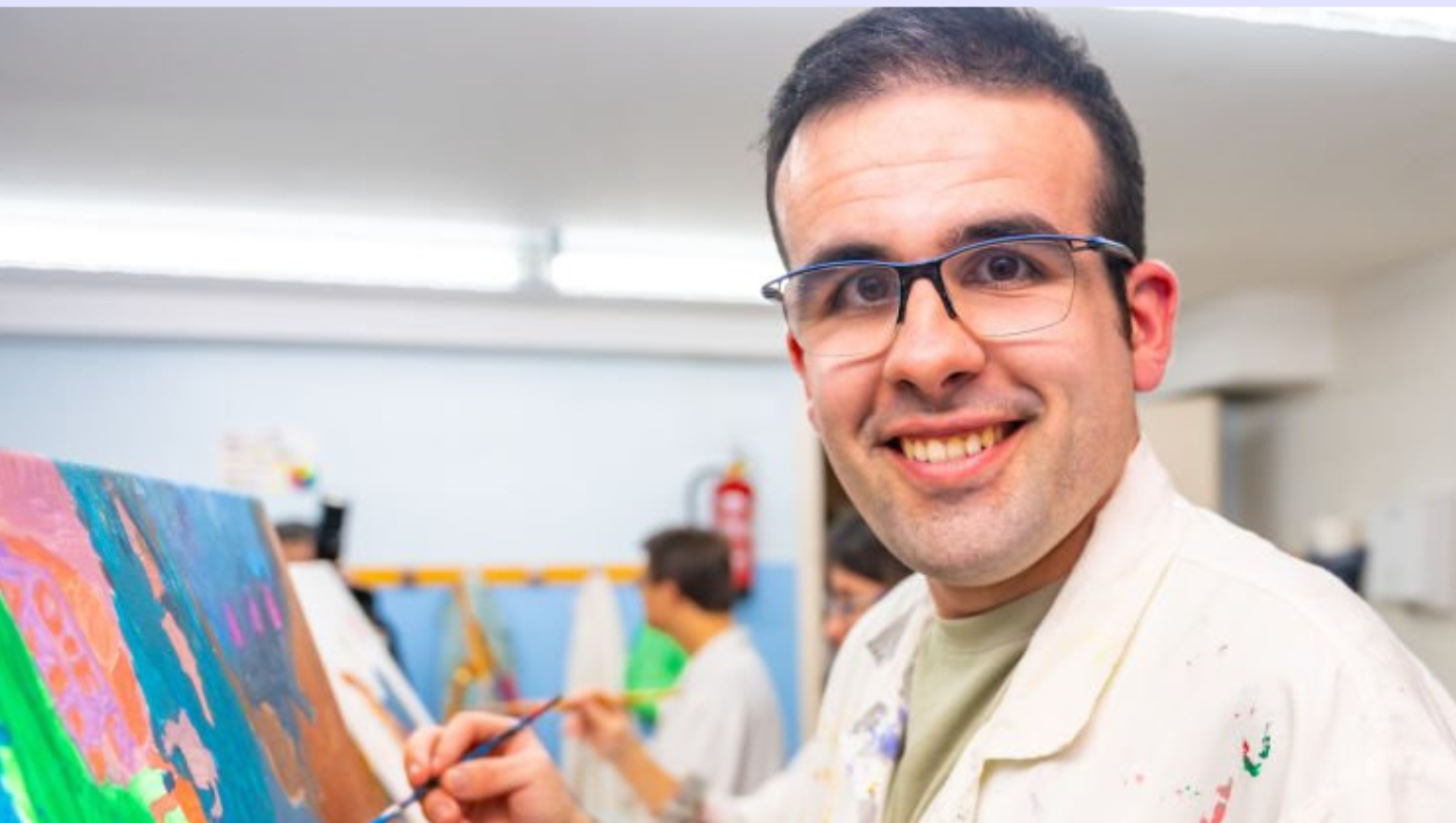
From how traits show up differently in each person, to the role of NDIS in tailoring support, this article offers a clear overview of what is autism and what it really means to live with it.
Table of Contents
Autism is a common neurodevelopmental condition that shapes how people experience and interact with the world. It’s also a part of everyday life for hundreds of thousands of individuals and families globally and across the country.
A better understanding of autism helps break down stigma, improve access to support and create more inclusive communities.
What is Autism? Understanding Autism
Autism Spectrum Disorder (ASD) is a lifelong condition that affects a person’s communication, social interaction and behaviour. It also shapes how a person processes information and responds to the environment. The way autism presents can be different for every individual. Some people are highly independent, while others may need significant day-to-day support.
Roughly 1 in 70 Australians are diagnosed with autism, based on figures from the Australian Bureau of Statistics. Traits often appear in early childhood, but many people are diagnosed later in life, especially women, and people from diverse backgrounds who remain underrepresented in diagnostic data.
Autism can also co-occur with other conditions, like ADHD, anxiety or intellectual disability, but none of these define a person’s potential. Each person’s experience is shaped by their unique mix of traits, preferences and support needs.
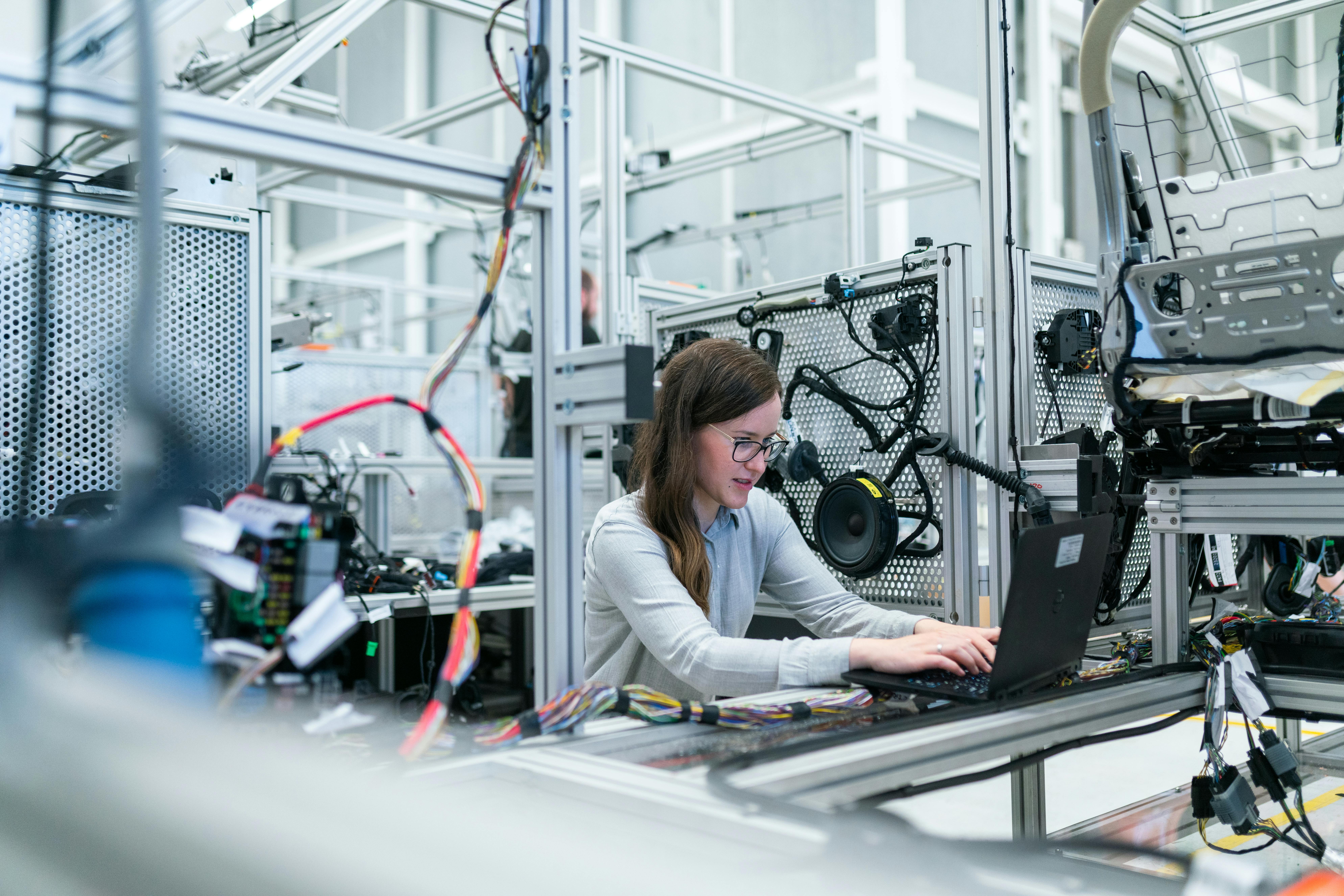
Some autistic people have an incredible eye for detail, a deep memory or a knack for patterns and problem-solving. It’s no surprise that many thrive in fields like tech, design, science or the arts especially when their environment gives them the space to work in ways that suit them.
But the world isn’t always built with neurodiversity in mind. Bright lights, noisy spaces and rigid social expectations—these things can make everyday life harder. That’s why ideas like neurodiversity, a term introduced by Australian sociologist Judy Singer, are so important.
Neurodiversity reminds us that autism isn’t something to fix. It’s a natural, valid part of human diversity. And when we design spaces and systems that include everyone, we all benefit.
Causes and Diagnosis
There is no single known cause of autism. Current research points to a combination of genetic and environmental factors influencing early brain development. It is not caused by vaccines, diet or parenting style, claims that have been conclusively disproven.
Signs of autism typically emerge in early childhood, though diagnosis can occur at any stage of life. Many adults are diagnosed later, often after years of being misunderstood or misdiagnosed. Women, culturally diverse individuals and people in remote areas remain underrepresented in diagnostic statistics.
Levels of Autism
As part of the diagnostic process, clinicians identify the different levels of support that describe how much help a person might need in daily life. These levels come from the Diagnostic and Statistical Manual of Mental Disorders, Fifth Edition (DSM-5):
- Level 1 – Requires support: May need help with social situations, organisation or adapting to change.
- Level 2 – Requires substantial support: Clear challenges with communication, flexibility and coping with change.
- Level 3 – Requires very substantial support: Significant barriers to daily living and communication, requiring consistent, ongoing assistance.
These levels don’t reflect intelligence or potential, they simply help guide support planning. Needs can also shift over time.
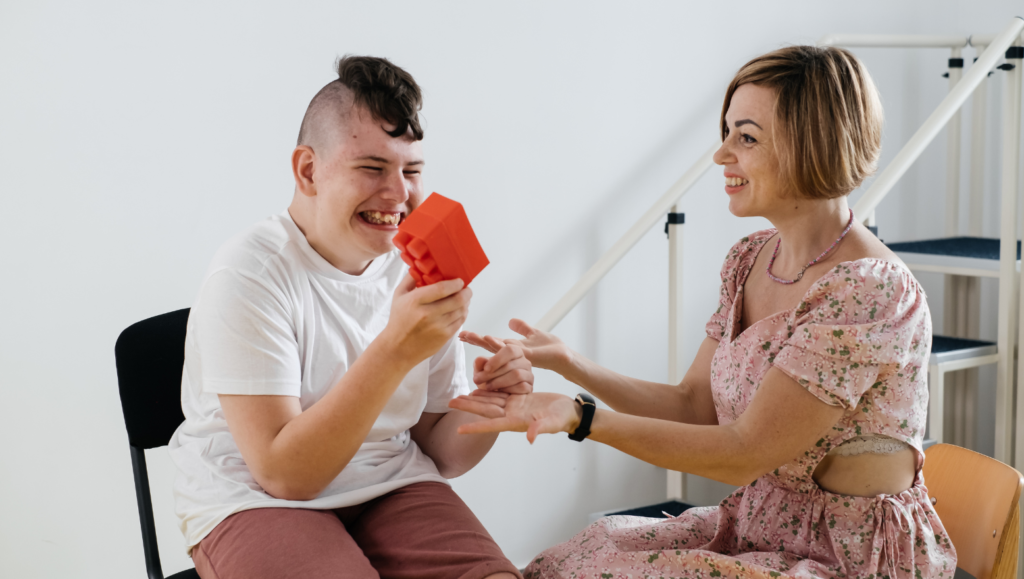
In Australia, these levels are not only used in clinical diagnosis, but they also inform access to supports under the National Disability Insurance Scheme (NDIS). NDIS planning considers a person’s functional capacity and support needs, not the diagnosis alone, but the DSM-5 levels are often referenced when justifying the type and intensity of support required.
This framework helps ensure that people receive funding and services tailored to their circumstances.
Support and Inclusion in Australia
Support can make a real difference in helping autistic people thrive. Access to early intervention, speech and occupational therapy, inclusive education and community-based services all contribute to better outcomes.
The NDIS provides individualised support for eligible Australians. Access can vary across regions, and many families continue to face challenges navigating the system.
Employment remains another key issue. According to the ABS, only 38% of autistic Australians are employed, compared to 80% of non-disabled Australians. This is not due to lack of capability but rather structural and cultural barriers in workplaces.
Where Support Matters
Getting the right support and recognising what each person needs to live well on their own terms can change everything.
Leora Healthcare provides individualised support for people with autism. From help with daily routines to building skills and confidence in the community, our support workers are matched carefully and work closely with each person and their family to build trust and consistency.
Leora works alongside our clients and their families to provide care that’s consistent, person-centred and grounded in respect. From building independence to simply feeling seen, the right support can change lives.

Read Annabelle’s story to see how Leora’s autism-informed care made a difference for her and her family, and what support looks like when it’s done with empathy and understanding.
If you’re looking for autism support, learn more about how Leora can help.
